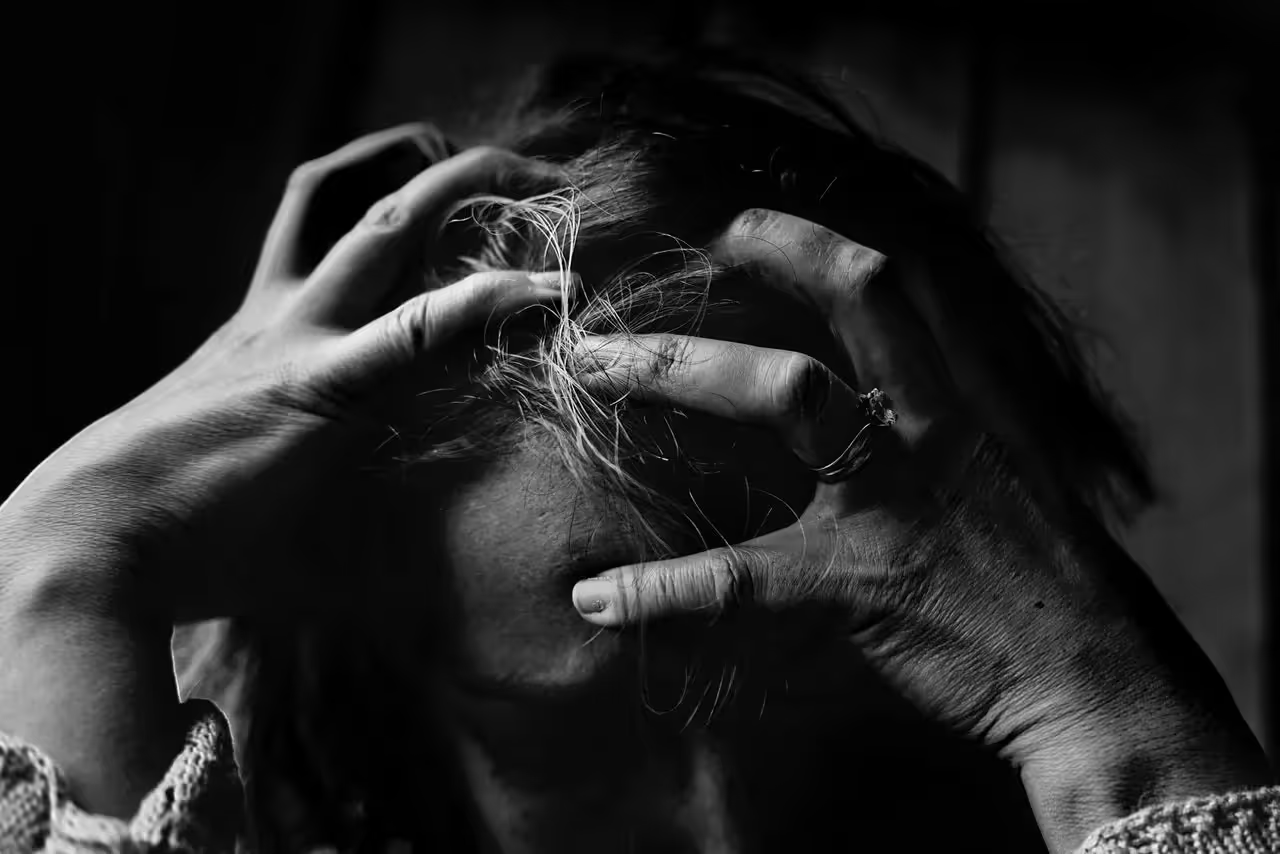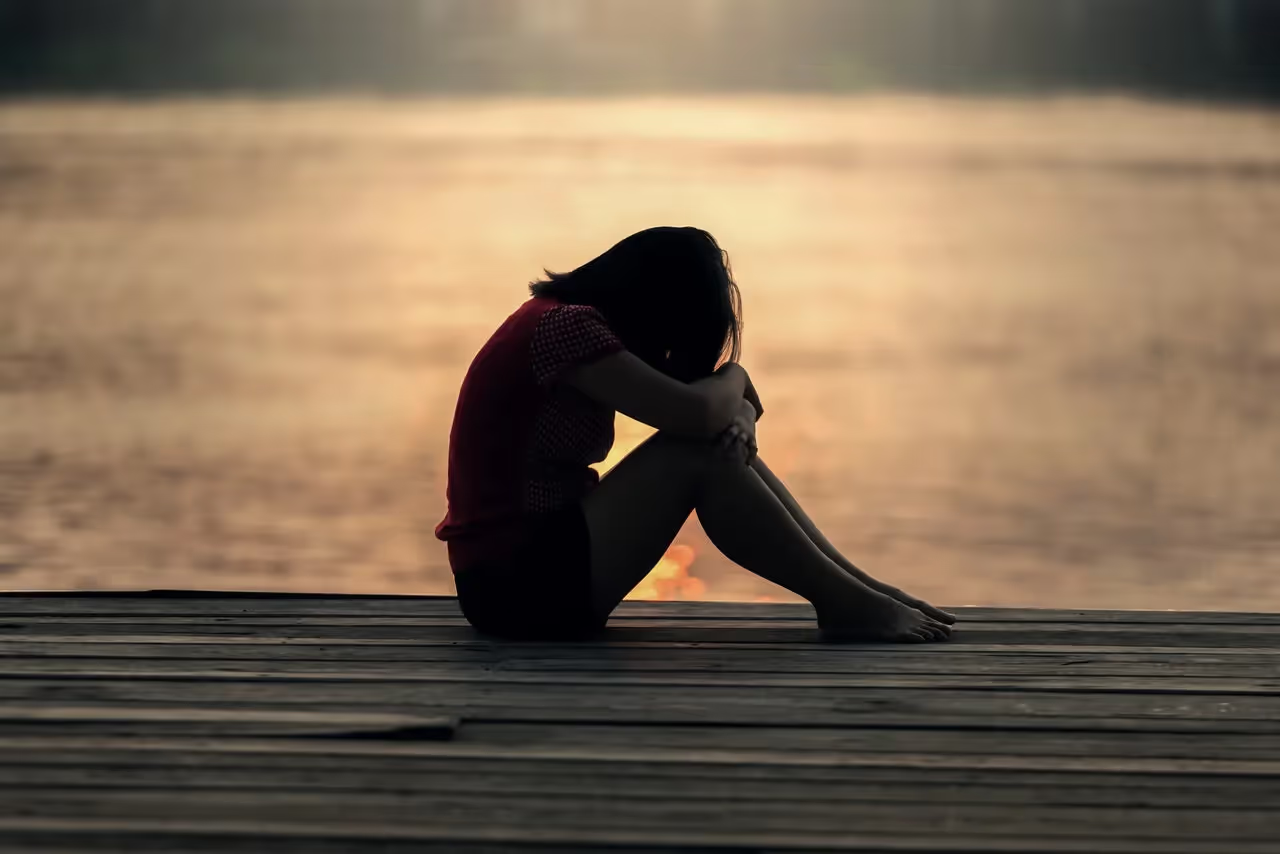Clinical depression is a form of depression that has plagued the earth and humans for many years. Over 200 million people suffer from depression, and...

Clinical depression is a form of depression that has plagued the earth and humans for many years.
Over 200 million people suffer from depression, and 700,000 commit suicide every year due to it.
Depression comes in various forms, situational and clinical depression will be our focus.
These forms are sometimes mistaken for one another, and some people cannot tell the difference.
This is also known as reactive depression.
Situational depression is a short-term, transitory form of depression that occurs when an individual suffers from a traumatic experience, major event, or change.
It is an adjustment disorder. It is seen as an adjustment disorder because as time passes, the individual can adjust to the new change, and their negative mood can be lifted.
This adjustment usually occurs within a few weeks.
If it doesn't, it could eventually turn into a more severe form of depression– clinical depression.

This is also known as major depression or major depressive disorder.
This is a more severe form of depression that results in a daily loss of interest in any form of activity and relationship.
20% to 25% of adults suffer from clinical depression in their lifetime.
Clinical depression doesn't stem from losing a loved one, family, job, or health issues.
Now that we have identified the meaning of these forms of depression, how do you diagnose them?
What symptoms do they have?
The American Psychiatric Association published the Diagnostic and Statistical Manual of Mental Disorders (DSM-5), which contained the symptoms of major depressive disorder or clinical depression.
Situational depression is usually caused or triggered by sudden/significant changes or stressful events.
Some individuals are at a higher risk of suffering from situational depression. This is usually due to biological factors or past traumatic experiences.
Clinical depression can be triggered or caused by a variety of reasons.
Individuals who suffer from personality traits or disorders like negative emotionality/neuroticism, positive emotionality/extraversion, conscientiousness, low self-esteem, and are introverted are at a higher risk of being clinically depressed.
Most people develop these traits or disorders due to genetics or trauma from early life experiences.
If someone from your family had previously suffered or is currently suffering from clinical depression– it could be a sibling or parent.
You can suffer from clinical depression as well.
People with terminal diseases, diseases that damage or affect the pituitary gland, and head injuries can suffer from clinical depression.
These illnesses can result in mood swings, emotional issues, severe weakness, and low libido.
These issues can gradually aggravate and give rise to clinical depression.
Using alcohol and drugs as a coping mechanism is a one-way ticket to depression.
Depending on alcohol and drugs whenever you are facing challenges or experiencing hard times is not advisable, especially for teenagers.
Alcohol can negatively affect the chemistry of the brain.
Being physically and emotionally distant from family, friends, and loved ones can bring about a feeling of loneliness.
This feeling can sometimes become overwhelming and can gradually give way to depression.

If you are suffering from clinical depression or you noticed you have most of the disorder's symptoms mentioned above, seek help as soon as possible.
It would be best if you talked to a General practitioner.
A General practitioner would run tests to ensure you have no underlying health conditions with similar symptoms like an underactive thyroid.
When you've been diagnosed with clinical depression by the GP, they will recommend one or more of these treatments.
Doctors prescribe these medications to treat major depressive disorder, obsessive-compulsive disorder (OCD), post-traumatic stress disorder (PTSD), and some chronic pain conditions.
Antidepressants work by increasing the levels of neurotransmitters in the brain.
CBT aims to help you understand your thoughts and behavior and how they affect you.
CBT tries to help you overcome feelings of emptiness, hopelessness, and sadness.
It focuses on how to change the way you think, feel and act.
Sometimes a GP would recommend combination therapy.
You would combine CBT with antidepressants.
Combination therapy is known to produce faster and more positive results.
Online CBT is also an option if physical CBT isn't possible or is inconvenient.
This type of CBT is delivered via a computer.
IPT is a short-term treatment that concentrates on your relationships with others - a lack there of or difficulties with communication.
Psychodynamic Psychotherapy or Psychoanalytic Psychotherapy
This is a form of psychoanalysis that aims to reveal the unconscious content of a client's psyche or mind to alleviate psychic tension.
A psychoanalytic therapist encourages you to speak whatever is running through or comes to your mind.
This process brings out hidden meanings or patterns in what you do or say that may be contributing to your problems.
A psychoanalytic therapist uses various techniques.
This is a form of talk therapy where you meet with a trained therapist or professional counselor who helps you deal with emotional issues.
Professional counselors or therapists assist clients in identifying goals and potential solutions to problems that trigger emotional issues.
They aim to improve communication skills, and coping skills, promote behavior change and improve self-esteem and mental health.
Situational depression occurs typically when an individual has experienced a significant lifestyle change or loss of a loved one.
If your symptoms interfere with your work or daily activities, see a doctor to prescribe you the best treatment required.
In most cases, antidepressants are prescribed by the doctor, along with CBT.
Supportive psychotherapy is said to be the best treatment for situational depression.
It helps improve your ability to cope with challenging situations, and future challenges and prevent future outbursts of situational depression.
Clinical depression is a more severe form of situational depression, but that doesn't mean you should treat one as less critical.
These are both severe mental disorders that should be treated as it starts to interfere with your work and daily affairs.
https://www.promisesbehavioralhealth.com/addiction-recovery-blog/situational-depression-vs-clinical-depression/
https://www.webmd.com/depression/guide/major-depression
https://www.healthline.com/health/depression/situational-depression
Addressing depression is crucial because it can significantly impact your quality of life, overall well-being, and ability to function in daily activities. Left untreated, depression can lead to more severe mental health issues, relationship problems, and physical health complications.
Depression is a mental disorder (a common one) that affects millions of people worldwide. It is characterized by persistent feelings of sadness, hopelessness, and loss of interest in activities once enjoyed.In this section, we will discuss the various types of depression, including major depressive disorder, persistent depressive disorder, and bipolar disorder.Gaining a deeper understanding of your depression is the first step in finding the right treatment and support.
Yes! There are many effective natural remedies that may be beneficial in managing depressive symptoms, such as participating in regular physical activity, changing your diet, getting adequate sleep, practicing relaxation techniques like yoga or meditation, journaling about your feelings/thoughts/emotions, seeking out social activities/support groups with other individuals struggling with similar issues
Yes! In fact, it's encouraged that you open up to your therapist so they can gain deeper insight into your individual situation and develop the most effective treatment plan possible that works best for you. Your therapist is there to serve as an unbiased source of support who will respect any thoughts or feelings shared within the session without judgment or criticism.
Ignoring depression can exacerbate symptoms and make it more challenging to manage over time. This can result in a negative impact on your personal, professional, and social life, leading to feelings of isolation and even thoughts of self-harm or suicide.
If your symptoms of depression have been persistent and interfere with your daily life, it's important to seek help from a mental health professional. It's also a good idea to get medical advice if you experience any thoughts of self-harm or suicide.